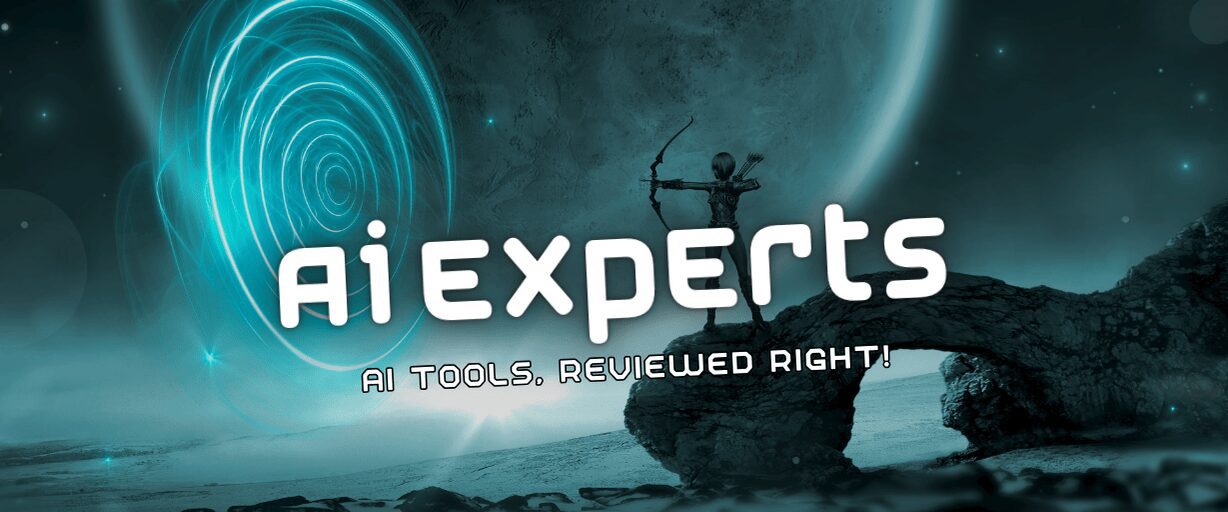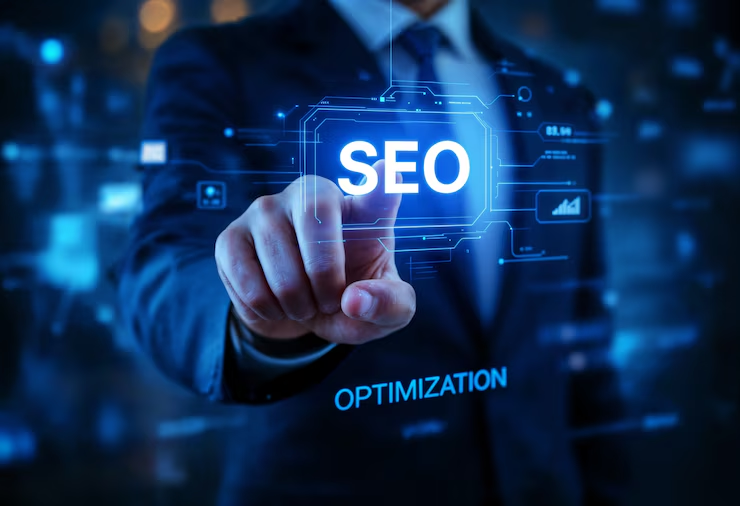In 2025, the landscape of AI tools for SEO is both exciting and overwhelming. Artificial Intelligence has moved far beyond simple keyword tracking—it now powers predictive content creation, real-time optimization, and intelligent SEO automation. The blend of AI and SEO has completely transformed digital marketing strategies across the globe.
But not everything is working as promised. While some AI SEO tools have proven to be game-changers, others fall short—delivering generic content, irrelevant keyword suggestions, or confusing user experiences.
In this guide, we’ll explore what’s working and what’s not in AI tools for SEO in 2025. We’ll also look at trends, common pitfalls, and tips to stay ahead of the curve.
Why AI Tools for SEO Are Essential in 2025
With over 90% of online experiences starting from a search engine, ranking high on Google is more critical than ever. But SEO has become too complex to manage manually. That’s where AI steps in.
AI in SEO can:
- Automate repetitive tasks
- Analyze data at scale
- Predict future ranking opportunities
- Adapt content based on search trends
- Improve technical SEO automatically
These abilities allow marketers and content creators to focus more on strategy while the AI handles the heavy lifting.
What’s Working: AI Tools That Deliver Real Results
1. Advanced Keyword Research & Clustering
In 2025, AI tools no longer suggest individual keywords. They now:
- Analyze user intent
- Group related keywords into clusters
- Suggest topic-based optimization
This helps you build topical authority and gives structure to your content strategy. Tools that integrate natural language understanding (NLU) are especially powerful in delivering relevant keyword clusters that match searcher intent.
2. AI-Powered Content Optimization
AI tools for SEO now offer real-time content suggestions while you write. This includes:
- Internal linking suggestions
- Keyword placement optimization
- Readability improvement
- Meta tag suggestions
Tools like these adapt to Google’s algorithms and user behavior, helping you produce content that not only ranks but also converts.
3. SEO Automation With Smart Scheduling
AI-based automation has evolved. Tools now:
- Schedule content publishing at optimal times
- Automatically update old blog posts
- Identify underperforming pages for refresh
This results in consistently strong content performance without daily manual tracking.
4. Real-Time SERP Analysis
SERP (Search Engine Results Page) dynamics shift quickly. AI SEO tools now provide:
- Live ranking updates
- Alerts when competitors gain position
- Suggestions for structural content changes
This insight helps you react in real-time to keep your rankings stable.
5. Voice and Visual SEO Optimization
With the rise of smart devices, voice and visual searches are booming in 2025. AI tools optimize content for:
- Conversational keywords
- Featured snippets
- Image and video metadata
Optimizing for these formats gives you access to search segments that competitors may miss.
What’s Not Working: Common Issues in AI SEO Tools
1. Over-Reliance on Automation
Too much automation can lead to:
- Robotic content
- Keyword stuffing
- Lack of personalization
Some marketers mistakenly let AI write and publish content without human intervention. This leads to lower engagement, poor UX, and even SEO penalties.
2. Mismatched Search Intent
Some tools fail to distinguish between different types of intent—informational, transactional, navigational. This results in:
- Irrelevant content targeting
- Poor click-through rates
- High bounce rates
Tools that lack strong NLP often fall into this trap.
3. Outdated Tools and Algorithms
Not all AI tools stay current. SEO rules change frequently, and outdated tools can:
- Suggest deprecated techniques
- Ignore Google’s latest ranking signals
- Produce content that no longer ranks
Always choose tools that evolve with Google’s updates.
4. Limited Platform Integration
Many standalone tools don’t integrate well with:
- Content Management Systems (CMS)
- Analytics platforms
- CRM tools
This results in siloed workflows and incomplete data for decision-making. In 2025, seamless integration is non-negotiable.
5. Expensive Without Justified ROI
Not all tools are cost-effective. Some come with hefty price tags but deliver little ROI. The most expensive tools aren’t always the best—choose ones that offer features you actually need.
AI in Digital Marketing: SEO and Beyond
AI tools extend beyond SEO to improve all areas of digital marketing, including:
- Personalized email marketing
- Predictive lead scoring
- Smart ad bidding
- Chatbots and customer support
- Social media automation
The integration of AI across the entire digital journey creates a more seamless, efficient, and data-driven marketing experience.
How to Select the Right AI SEO Tools in 2025
When choosing AI tools for SEO, consider these factors:
- Accuracy
Does it deliver reliable keyword and SERP data? - User Intent Understanding
Can it interpret and act on searcher behavior? - Real-Time Updates
Is it aligned with current algorithm trends? - UI & Workflow
Is the interface clean, and does it enhance productivity? - Support & Documentation
Is there strong customer support and learning material? - Integration Ability
Can it connect with your CMS, analytics, or CRM? - ROI
Does the tool deliver measurable improvements in traffic or conversions?
2025 Trends in AI SEO Tools
Staying current with SEO trends ensures your strategy remains effective. Here are the biggest AI-driven SEO trends of 2025:
- Predictive SEO
Tools forecast upcoming keywords and content topics before they trend. - Search Experience Optimization (SXO)
Combining SEO with UX for better engagement and rankings. - AI-Enhanced Technical Audits
Automated crawl simulations and structure suggestions. - Content Refresh Automation
AI identifies and rewrites outdated content to match current search trends. - Generative Video SEO Tools
AI tools now generate optimized video titles, scripts, and thumbnails to support YouTube SEO.
Frequently Asked Questions (FAQs)
1. What are the best AI tools for SEO in 2025?
The best AI tools include features like keyword clustering, SERP tracking, content optimization, and technical audits. Choose tools that are regularly updated and match your business needs.
2. Can AI fully replace human SEO experts?
No. While AI automates many tasks, human strategy, creativity, and critical thinking are still essential for brand consistency and user engagement.
3. Are AI tools good for local SEO?
Yes. Many AI tools now support geo-targeting, local keyword tracking, and Google Business Profile optimization for better local visibility.
4. Do AI SEO tools help with voice search optimization?
Absolutely. Modern tools suggest conversational keywords, FAQs, and structured data that help capture voice-based search queries.
5. How often should I update content with AI tools?
At least every 3–6 months. AI tools help identify which articles are losing traffic and suggest updates to regain rankings.
Final Thoughts: Mastering SEO With AI in 2025
The evolution of AI tools for SEO in 2025 marks a turning point in digital marketing. When used correctly, they can boost traffic, improve rankings, and streamline your workflow. But remember—AI is a tool, not a replacement for human creativity.
To get the best results, use AI for automation, prediction, and optimization—but always involve strategic human input. Keep your content valuable, your tools updated, and your strategy aligned with user intent.
With the right balance, your SEO success in 2025 is not just possible—it’s inevitable.

